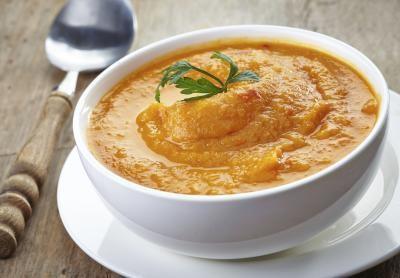- Dr. Ashish Ahuja
- +91-98150-10524
- contact@weightlossindia.co.in


Need more information about Specialists? We’re here to talk you through your options.
We are committed to helping you reach important weight loss goals and we are here to support you. Surgery is just one step on your journey.Following surgery, many patients lose weight rapidly.But it's important to make the commitment to a lifestyle of healthy eating and regular exercise.
Liquid diet before Bariatric Procedure
Please follow the instructions as recommended by the dietician
Nutrition and Diet
After Bariatric Surgery, we need to follow balanced diet which is rich in protein, low in carbohydrates and low in fats.
Bariatric diet is divided into 3 phases:
Phase I: First 2 weeks after surgery(1-14th day)
Patients are given clear liquids on day 1 after the contrast study 30 ml/hr water only. On day 2, 50-70 ml water or coconut water per hour is given. From day 3rd - 14th, 70 - 100 ml clear liquids per hour as instructed.
Clear Liquid Diet includes:

Phase II: Day 15th - Day28th (Next Two Weeks)
In this phase patients are instructed to have semi-solid diet. High intake of protein about 60-80 gm is advised along with 100ml/hour of fluid is given. This semi-solid diet can be divided into six small meals of the day.
Foods Include:

Phase III:
From week 5 onwards you will be ready to commence a full diet. The size of your meal will remain small because the size of your stomach pouch can only fit a limited volume of food. It is recommended that you have 5 small meals per day with fluids separate to these main meals.
Meal plan for a day:
Breakfast:
Mid - Morning:
Lunch:
Evening Meal:
Dinner:

DO's and DON'Ts:
Physical Activity:
Your ability to resume pre-surgery levels of activity will vary according to your physical condition, the nature of the activity and the type of bariatric surgery you had. Exercise for bariatric surgery patients is often the first part of patient's long term plan to get skipped following surgery. It is almost as important as your diet.
Best Exercises:

Behaviour Modifications:
Behaviour plays a significant role in weight management. Modifying behaviours that contributed to developing obesity is one way to heat the disease of obesity either alone or in conjunction with other treatments.
Few behaviour change strategies are:
Our behaviours are engrained in our daily routines, families, lifestyles and more. It is important to stick with your behavioural changes, as they will greatly help you in your weight loss journey.